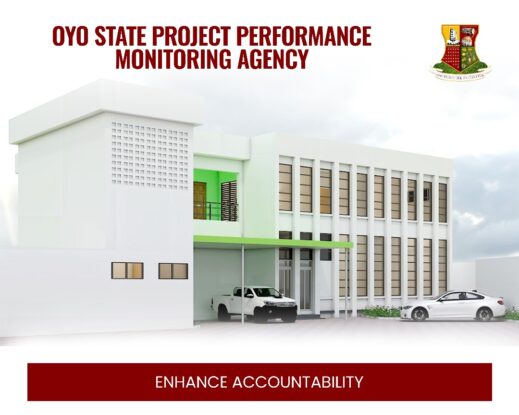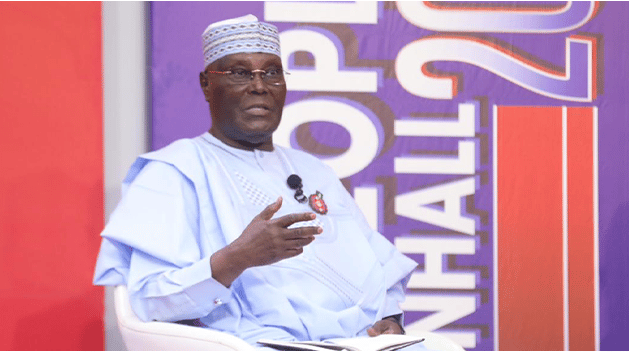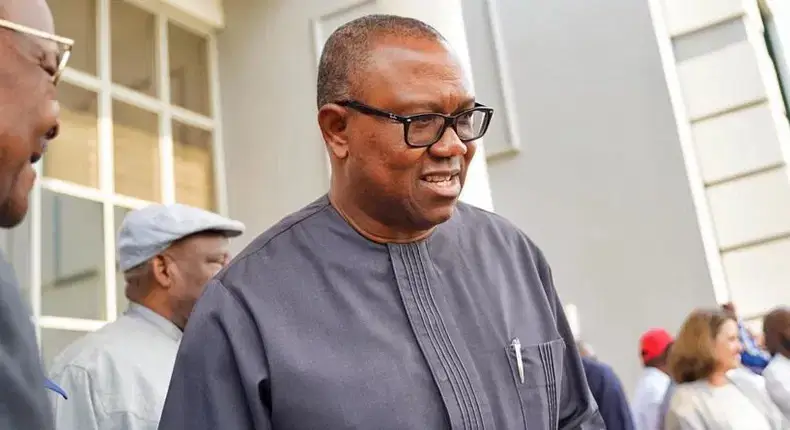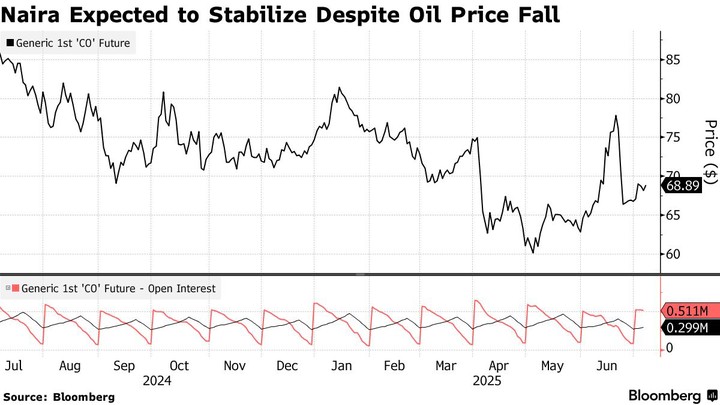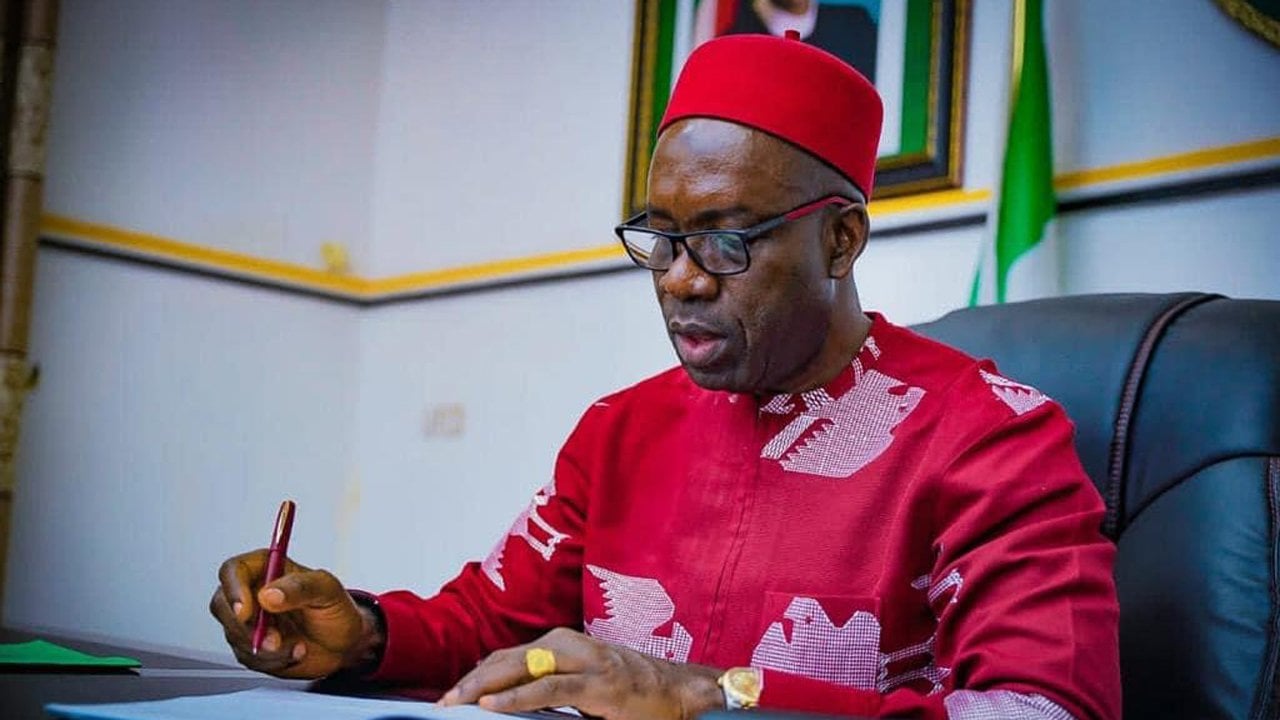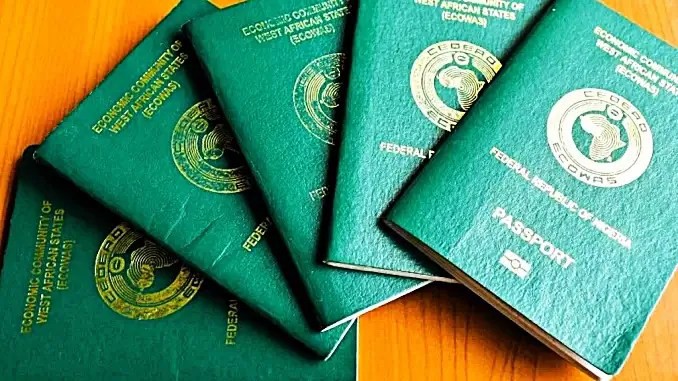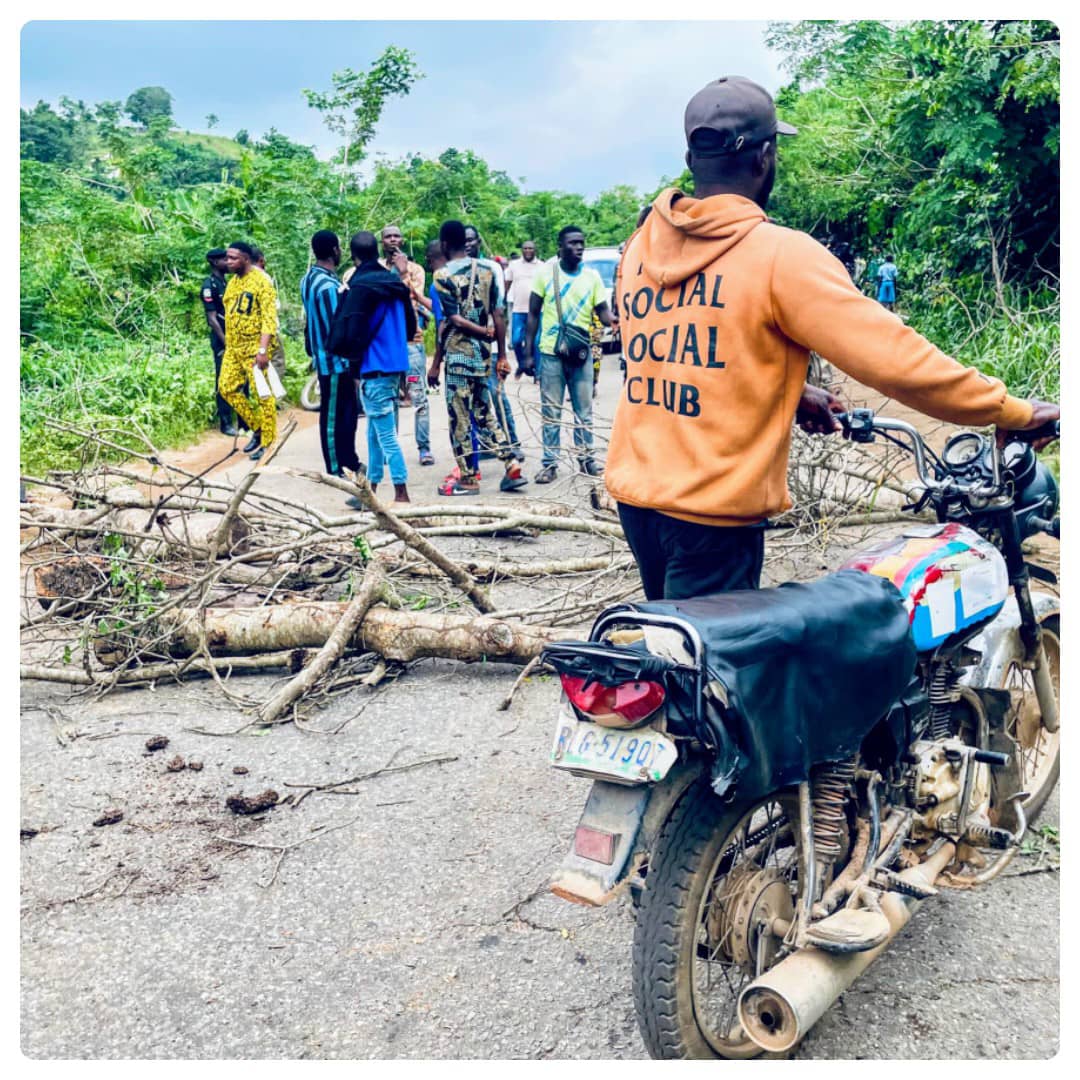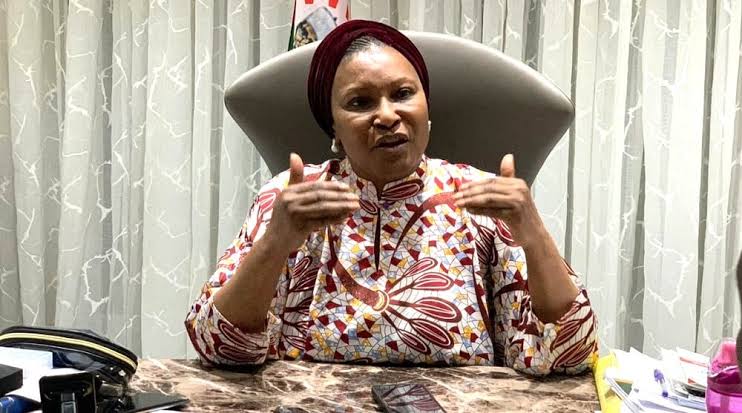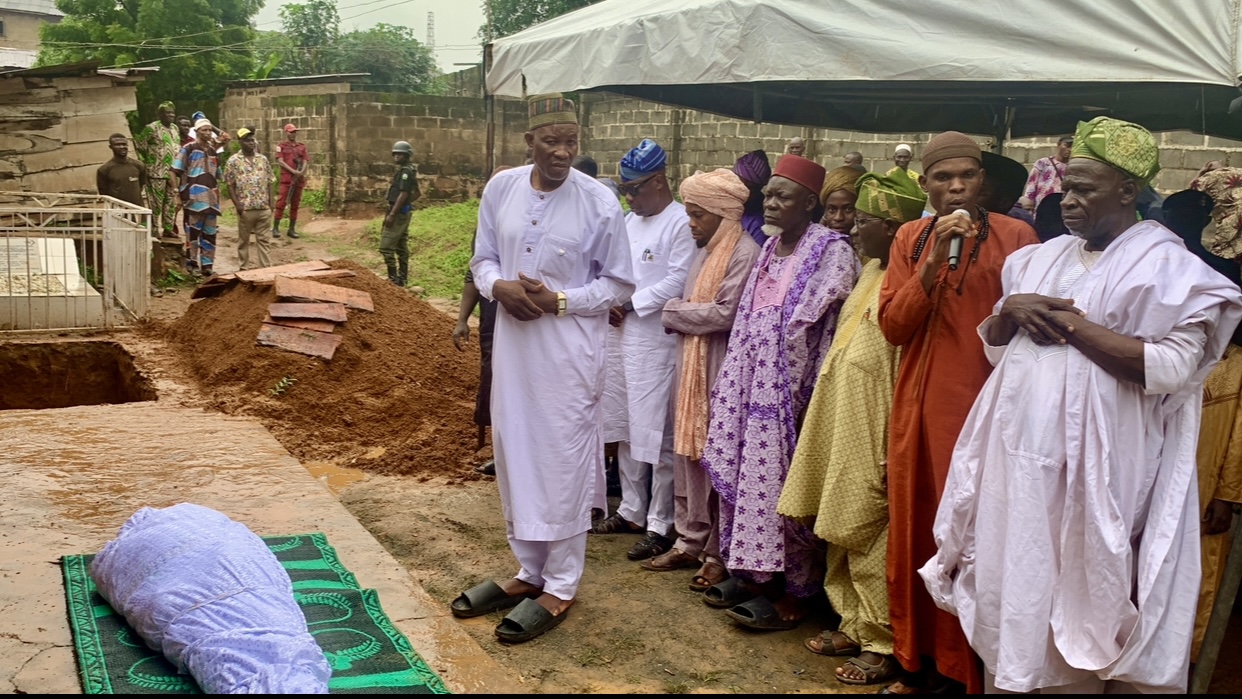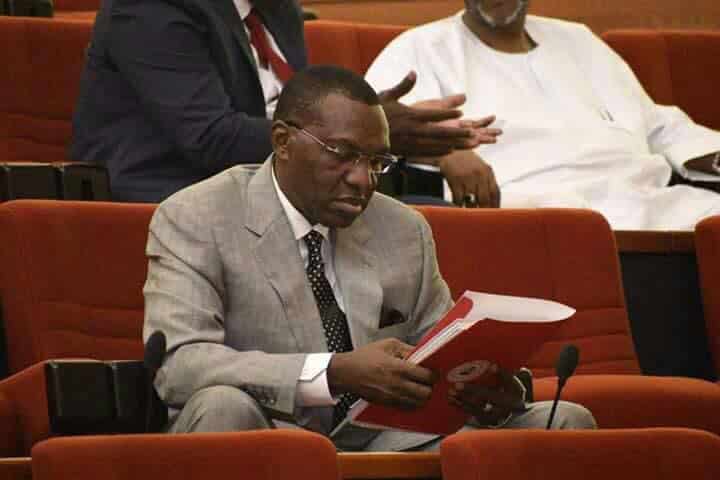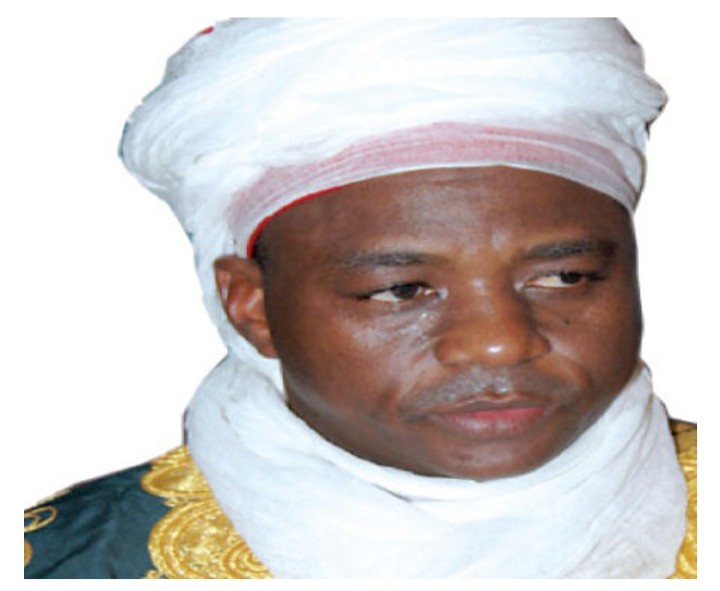Nigerians Struggling To Survive Under Muslim-Muslim ticket- Muslim Leaders
THE Nigerian Supreme Council for Islamic Affairs (NSCIA) has declared that Nigerians are struggling to survive due to the effect of the economic reforms of the Federal Government.
The NSCIA, the umbrella body of Nigerian Muslims led by the Sultan of Sokoto, Alhaji Muhammad Sa’ad Abubakar, said this in a statement on Friday signed by its Deputy Secretary-General, Professor Salisu Shehu, in which it sympathised with the governor of Borno State, Professor Babagana Zulum; the Shehu of Borno, Alhaji Abubakar Umar and the people of the state over the tragic incident. The flooding claimed several lives, left many injured and destroyed billions of naira worth of property.
“This unfortunate development happening at a time when Nigerians generally are grappling to survive, owing to the effect of the current economic reforms by the Federal Government, is a tragedy too many,” the NSCIA said.
It commended the efforts of the federal and Borno State governments on the matter, imploring them, however, to further deploy the emergency management agencies and the North East Development Commission to ensure that the disaster is efficiently managed to reduce the sufferings of the thousands of the victims.
The organisation urged governments at all levels to take necessary measures to avert such incidents. The council called on private organisations and institutions, local and international humanitarian and donor agencies and well-meaning Nigerians to come to the aid of the people of Maiduguri by providing relief materials and services.
“Our collective support and solidarity would go a long way in alleviating their sufferings caused by the flood disaster,” it said.
We’ve Lost Everything –Victims
The flooding, which has displaced thousands of residents of mAIDUGURI, has rendered the government and the victims requiring local and international aids. Isa Fannarambe, a resident of 505 Housing Estate, described the incident as “apocalyptic.”
Separated from his three children due to the flooding, he is now taking refuge at Mari Mega School. “Thousands of us have been displaced,” he said. Aisha Bulama, a mother of three who fled her home, lamented: “We have lost everything. We need food, shelter and clothing. We can’t even afford to buy food for our children.”
Many of the victims are in distress and struggling to access basic necessities like food, water and shelter due to what is believed to be slow response to the disaster.
The devastating floods, caused by the collapse of Alau Dam, have submerged several areas in the city, leaving victims without essential necessities.
Many victims from areas like Gwange, Shattimari, 505 and Dikichiri have been cut off by flood waters and are unable to access the Bakassi Internally Displaced Persons camp opened by the state government. Some are taking refuge in uncompleted buildings while others are sheltering in schools that were not affected by the flood.
The National Emergency Management Agency (NEMA) has declared a state of emergency and the Federal Government has granted N3 billion for humanitarian responses. However, aid has been slow to arrive, leaving many to fend for themselves.
As the situation deteriorates, fears of a looming food crisis grow, with many families unable to access basic necessities.
The Borno State government has promised to distribute food and relief materials, but many are still waiting.
Affected communities rely on locals and local organisations to survive. We need help now. We can’t wait any longer,” said Amina Alhaji Bukar, a woman leader in Dakichiri.
The flooding highlights the vulnerability of communities in the state, particularly the capital city and the need for urgent action to address the humanitarian crisis. Thousands of Maiduguri people are in dire need of food, shelter and support.
Gombe government donates N100 Million to Borno Flood Victims
After a donation of the sum of N50m to Yobe State Government, Gombe State Government has also donated the sum of N100m to Borno State Government.
The donation was a way of identifying with the government and people of the state over the recent flood disaster that devastated the state capital and environs.
Gombe State governor, Muhammadu Inuwa Yahaya, who was represented by a high powered delegation led by the Deputy Governor, Dr. Manassah Daniel Jatau, presented the donation of N100 million as assistance to the victims of the incident.
FAO warns of worsening food insecurity in Nigeria
In a related reaction, the Food and Agriculture Organisation of the United Nations (FAO) has raised the alarm over the escalating floods in Nigeria which are exacerbating the food security situation in the country.
The floods, which have affected 29 states, are displacing thousands, destroying farmland and claiming lives. As of early September, more than 2.5 million people had been impacted, with around 200,000 displaced.
The FAO, in a statement, expressed concern about the potential for increased hunger, as nearly 31.8 million Nigerians are already at risk of acute food insecurity.
“The floods continue to push vulnerable communities deeper into poverty, and the widespread loss of farmland will severely affect food security. Urgent coordinated action is needed to avert a worsening humanitarian disaster,” said FAO representative ad interim, Koffy Dominique Kouacou.
By 10 September, 2024, the FAO said it had recorded 1.3 million hectares of land submerged, including 558,000 hectares of cropland across the country.
Floodwaters are expected to continue rising further as rivers swell and dams approach their maximum capacity, further threatening communities across Northern Nigeria.
The National Emergency Management Agency (NEMA) has warned that the North East and North West are at imminent risk of further flooding. States most at risk include Borno, Bauchi, Bayelsa, Enugu, Jigawa, Kano, Kebbi, Kogi, Niger, Sokoto, Yobe and Zamfara.
Enhanced infrastructure, improved early warning systems and rapid response mechanisms are crucial to addressing the crisis and building long-term resilience,” Mr Kouacou emphasised.
The FAO noted that the upcoming October-November 2024 analysis of the Cadre Harmonise will further quantify the floods’ impact on food security and nutrition in Nigeria and the region.
Adamawa, Borno and Yobe states, where FAO has a strong presence, have been particularly hard hit. Some 880,000 people have been affected in the three states and nearly 300,000 hectares of farmland have been destroyed,” the statement said.
Following the collapse of the Alau Dam in Konduga Local Government Area of Borno State on 10 September, floods have severely impacted the Maiduguri metropolis and Jere Local Government Area, affecting over 239,000 people.
An estimated 50 percent of Maiduguri was affected by floods. The floods have disrupted access to essential services, including hospitals, schools and markets, with significant damage to infrastructure, including bridges.
“Authorities in the state have identified eight centres to temporarily settle the evacuees. The area is now on high alert for outbreaks of diseases, including cholera, malaria and typhoid as well as animal and zoonotic diseases.
“OCHA [the United Nations Office for the Coordination of Humanitarian Affairs] is leading the response on behalf of partners to support government authorities. FAO, through OCHA, is supporting the NEMA [National Emergency Management Agency] and SEMA [Borno State Emergency Management Agency] to assess the immediate needs and affected communities.
“In Maiduguri, efforts are ongoing to assist victims of the floods, including reopening of eight IDP camps, distribution of food and essential non-food items,” the statement said.
The FAO, however, called for the immediate and flexible funding to support ongoing humanitarian response and early recovery efforts, including food and non-food items.

